
Now when you are about to become a mother, then it is important that you eat well. This will allow you to get all the nutrients you need for yourself and your baby.
If your diet is not right from the beginning, then you can face some difficulties during and even after delivery.
So, today, I have come up with a pregnancy foods to eat list that contains vitamins and minerals, especially folic acid and iron that will keep you and your baby healthy.
The physical development of the mother and embryo during pregnancy depends on the amount of protein in the diet. Therefore, add products that contain protein in the pregnant foods to eat list or your diet charts.
NOTE:
Use junk food in a limited amount because it only contains more calories and nutrients are in a lesser amount.
Pregnancy Foods To Eat List
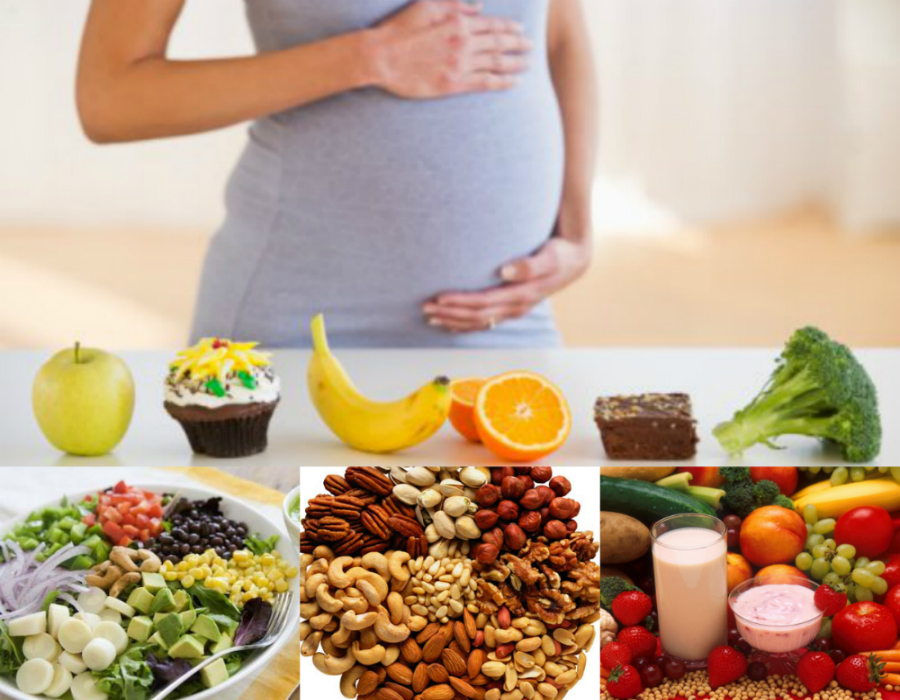
Source :- faizaalam . com
Here are the pregnancy foods to eat list to guide you during your pregnancy. These pregnancy foods to eat list will help you to maintain both your and your baby’s health. Check out the pregnancy foods to eat list below:
Cod Liver Oil:
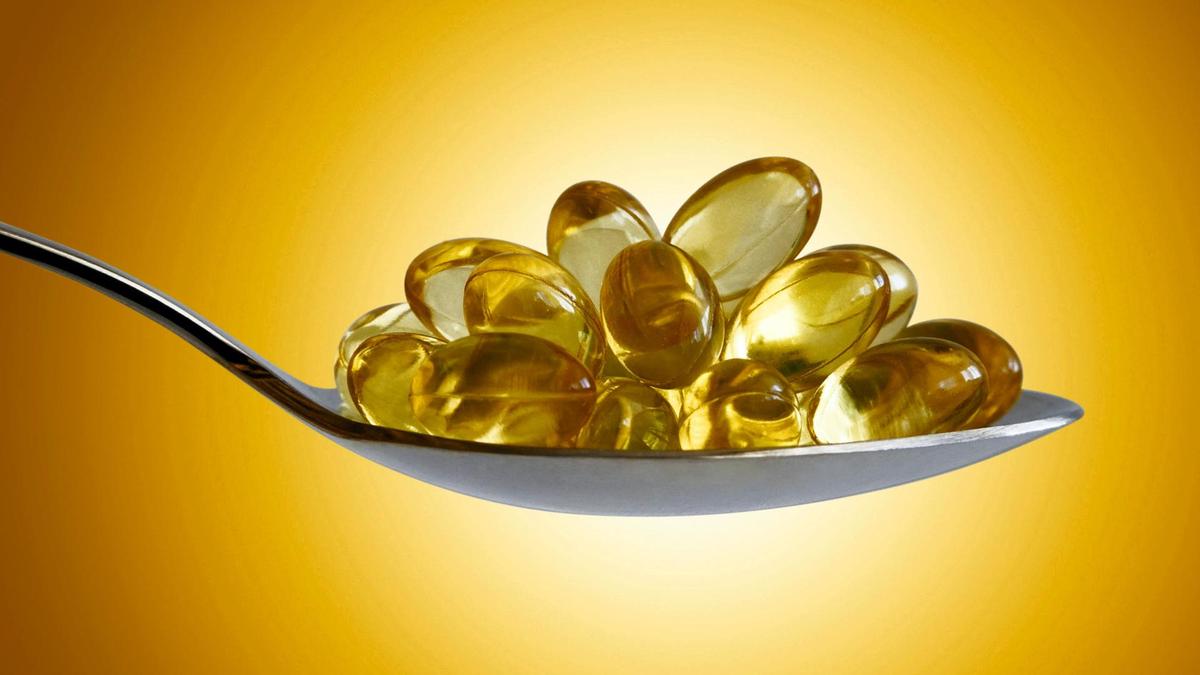
Source :- thenational . ae
This cod liver oil contains omega 3 fatty acids, elements called EPA, and DHA, which are helpful in the development of the brain and eyes of the baby. Cod liver oil also has a good amount of Vitamin D. In the days of pregnancy, the consumption of cod liver oil is also essential, and in the future, the risk of diseases becomes lower.
NOTE:
Cod liver oil has EPA, DHA, which are helpful in the development of the brain and eyes of the baby
Dairy Products:
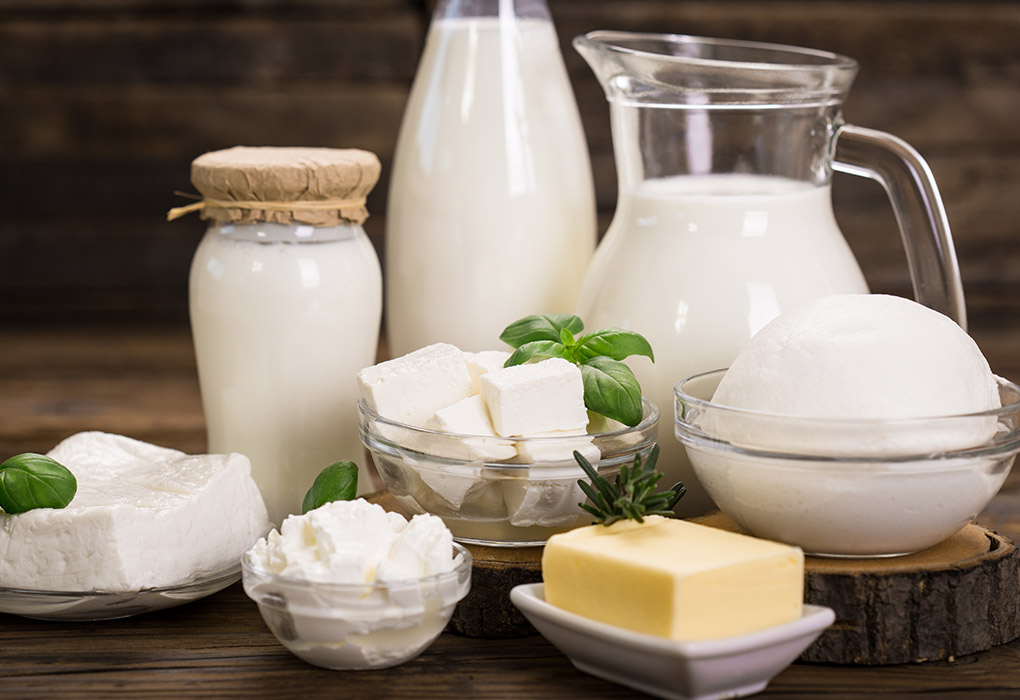
Source :- cdn.firstcrycdn . com
Taking dairy products during pregnancy reduces the risk of complications like preeclampsia, gestational diabetes, vaginal infections, and allergies. Dairy products are the best source of calcium and phosphorus, vitamin B, magnesium, and zinc which women need to increase bone density and build baby bones. Dairy products contain high amounts of calcium, protein, and vitamin B12.
- Skimmed Milk
- Greek yogurt
- Buttermilk
- Paneer (If you are vegan then eat tofu)
- Milk
- Curd
- Buttermilk
- Cheese etc.
NOTE:
Pregnant women who are allergic to milk should eat other sources of protein and calcium, such as green vegetables, soya milk, tofu, fish, sesame, nuts, and whole grains etc.
Legumes:
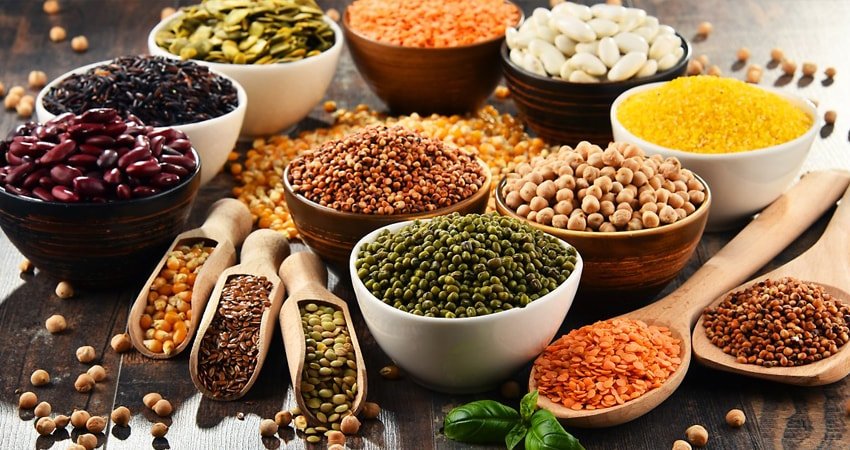
Source :- foodtolive . com
In this pregnancy foods to eat, list must add legumes such as lentil pulses, peas, beans, chickpea, soya bean, and peanuts. Legumes are an excellent source of fiber, protein, iron, folate (B9), and calcium, which are highly required for pregnant ladies. In addition, the beans contain a lot of amount in fiber. Iron, magnesium, and potassium are also found in high amounts in some.
NOTE:
Lack of foliate enhances the risk of malfunction of the nerve tube and the weight of the baby during birth. After insufficient intake of foliate, the child becomes more prone to infection and diseases.
Whole Grains:

Source :- aldenestatesofshorewood . com
The pregnancy foods to eat list must contain whole grains instead of refined grains, they contain all the elements that give you the right nutrition. Adding it to a balanced diet for the pregnant woman does not increase her weight too. Examples of whole grains are
- Wheat flour,
- Sorghum (jowar),
- maize,
- oats etc.
NOTE:
There is plenty of fiber, vitamins, and carbohydrate present in whole grains foods and it also helps in better digestion of the pregnant lady.
Recommended Articles:-
- Low Fat Food List: See What You Can Eat Under The…
- Know About These Top 10 High Protein Low Carb Diet Foods…
- Low Fat Diet Benefits And Side Effects: Know In Details Here
- Keto Diet Lose Weight: See How You Can Loss Weight With…
- Know About Keto Diet: Keto Diet What To Eat In The…
- Liquid Diet Plan Benefits And Side Effects: Know It All Here
- 7-Days Sample Indian Diet For Liver Cirrhosis
- Early Symptoms Of Liver Damage To Look For
- # Know The Aloe Vera Juice Side Effects On Our Health
- Best Diet After Jaundice Recovery To Get Back Into The Track
- Diet For 3 Year Old Boy’s Excessive Sweaty Palms
- Diet For Reducing A Fatty Liver | Foods To Include & Exclude
- Kidney Stone Diet Chart | Food To Eat & Avoid
Eggs:
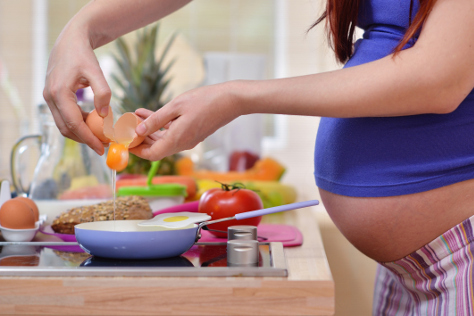
Source :- bounty . com
Eggs play a key role in healthy eating because they contain almost every essential nutrient in a small amount. A large egg contains 77 calories. At the same time, high-quality protein and fat are also present in eggs and many vitamins and minerals are also found in them.
An egg is a good source of Choline which is essential for many processes in the body such as brain development and health. During pregnancy, low-calorie intake increases the likelihood of the defect of the nerve tube and the ability of the brain to function.
NOTE:
A whole egg contains approximately 113 milligrams of collagen, which is about 25% of the recommended food volume for pregnant women.
Green Vegetables:
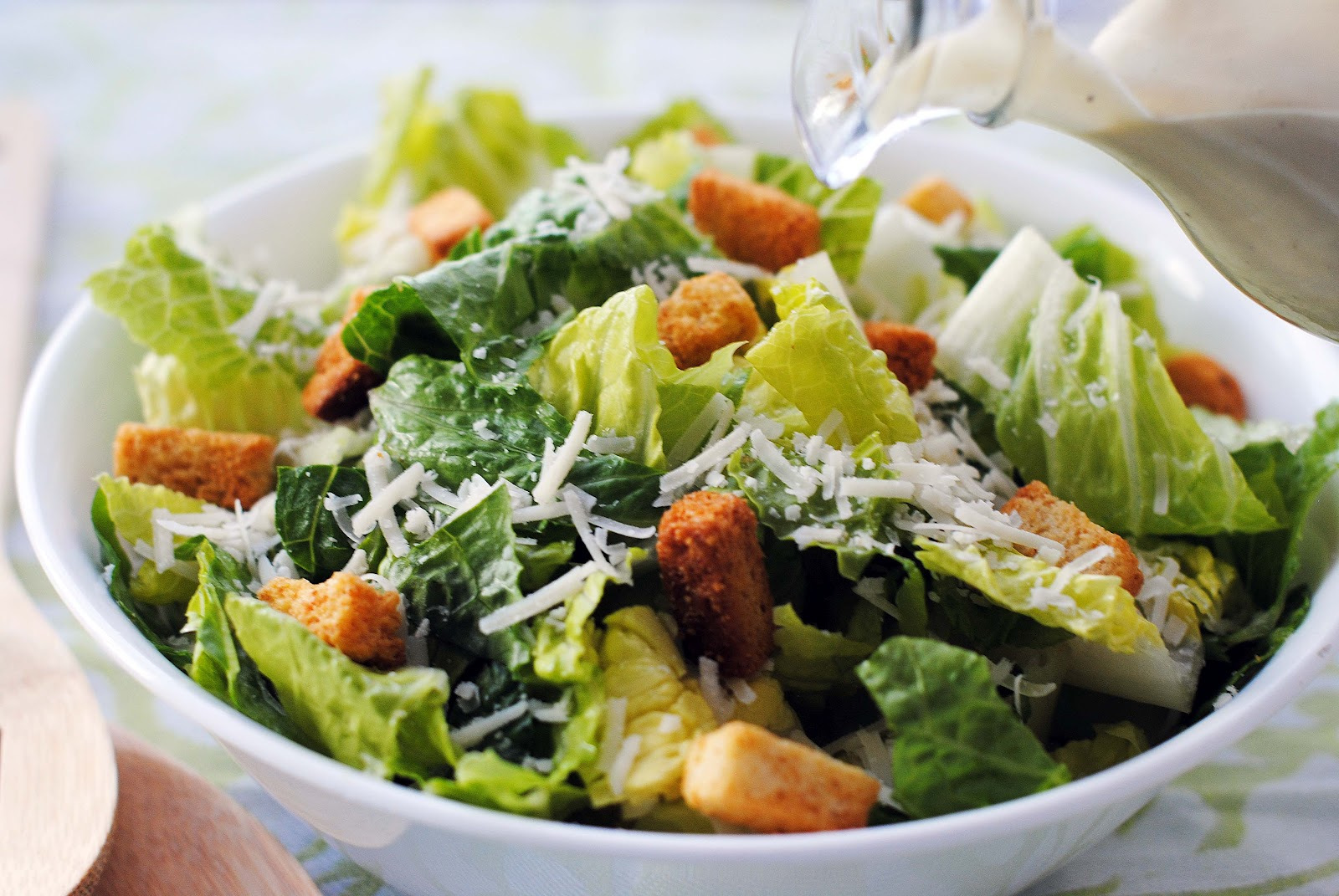
Source :- cdn.foodbeast . com
There is no complaint of constipation in pregnancy due to fiber that is high in green vegetables. Green vegetables such as
- Spinach
- Broccoli
- Carrot
- Broccoli
- Lettuce
- Avocado
- Soya
- Fenugreek etc.
The weight of the child being born to the woman involved in the food is balanced during birth.
NOTE:
All these vegetables are rich in elements such as iron, vitamin A, C and K, calcium, which should be taken as a dietary form for a healthy pregnancy.
Lean Meat:
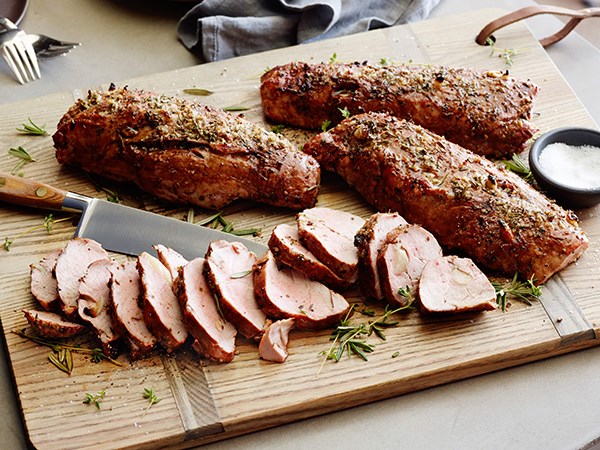
Source :- assets.blog.foodnetwork . ca
Meat and chicken are excellent sources of high-quality protein, Iron, Colleen, and vitamin B, which are essential in high doses during pregnancy. Iron is an essential mineral used by red blood cells (hemoglobin) which is important for transmitting oxygen to all the cells in the body. Pregnant women need more iron because they increase blood volume.
NOTE:
During initial and mid-pregnancy, anemia can occur due to a decrease in iron level, which doubles the risk of weight loss prior to delivery and birth.
Sweet Potato:
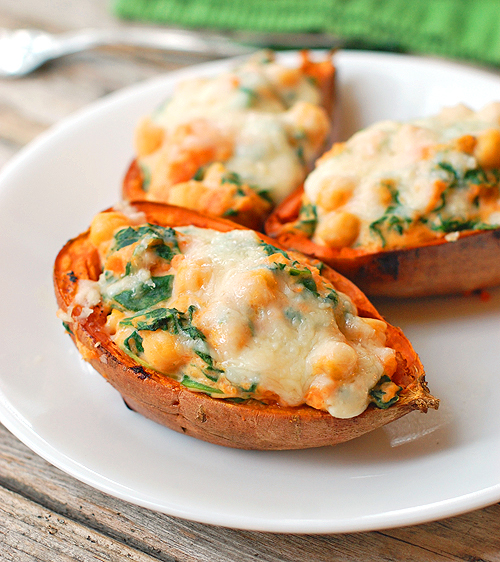
Source :- bigoven-res.cloudinary . com
In sweet potato, there is a substance called beta-carotene. Sweet potato contains Vitamin A, which is very beneficial in the physical development and division of its tissue. Pregnant women require 10-40% more Vitamin A than normal women.
These foods will help immensely in the development of the baby and also keep the mother healthy during and after the delivery of the baby.
Spinach:

Spinach is green leaves and therefore is an ideal fiber-rich option to reverse constipation so common during pregnancy.
But in addition, its intake can offer the body valuable nutrients for pregnancy such as iron, folic acid, calcium, and potassium.
We recommend its consumption both cooked and raw, in the latter case the cleaning and washing process must be very careful.
Banana:

It is a source of complex carbohydrates, with natural sugars that are accompanied by fiber and therefore can calm the craving for something sweet in a healthy way.
Banana also offers substances with a prebiotic effect that can benefit the intestinal flora and thus help prevent or reverse constipation and as we all know, it is an excellent source of potassium.
Consume the piece as is, or you can include it in recipes for cakes, muffins, or sponge cakes.
Watercress:

It is an excellent source of calcium of vegetable origin, ideal for pregnant vegetarians, and also, it is one of the foods with the most folic acid that we can consume.
Because it is a green leaf, it also offers fiber and prebiotics that benefit intestinal transit, but it must be carefully sanitized to prevent the ingestion of pathogens that could be contaminating this vegetable. To consume it, you can choose from cold soups to salads or combined with legumes.
Red Pepper:

Red pepper is food with valuable nutrients, many of them with an antioxidant effect. But above all, the presence of vitamin C is necessary not only to take care of the body’s defenses but also to facilitate the absorption of calcium and iron that we consume during pregnancy stands out in this food.
It is recommended to consume it raw, although it can also be used when cooked, especially if we eat it together with sources of iron of vegetable origins such as legumes or green leaves. The traditional roasted peppers are a good accompaniment to any dish.
Broccoli:
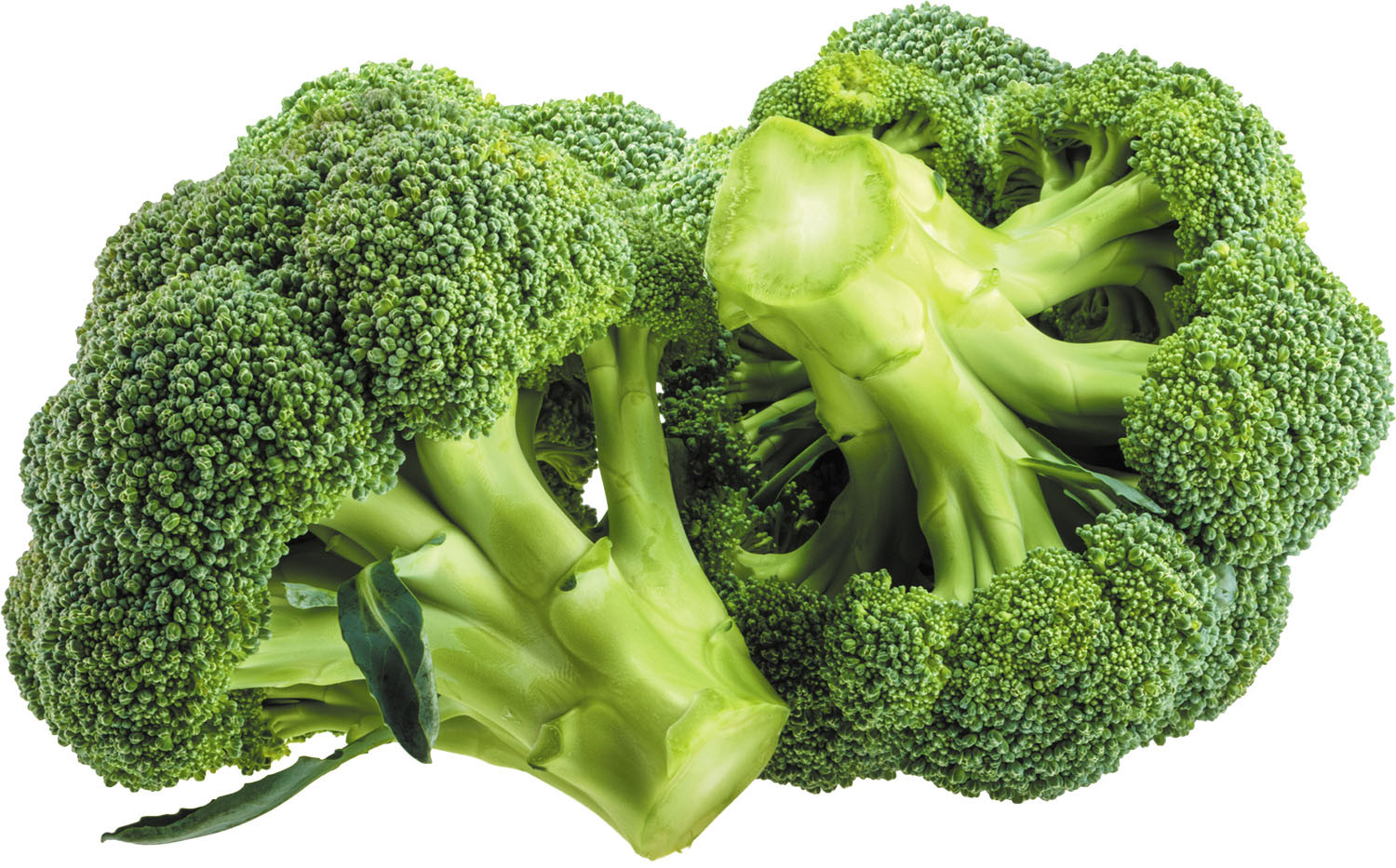
Broccoli is a seasonal vegetable with valuable properties for the body, among which its richness in vegetable proteins and fiber stands out, which allows us to be satisfied with good nutrients.
In addition, it is one of the foods with more vegetable iodine and calcium that we can consume, also offering vitamin C and potassium to the pregnant woman’s body, which of course are needed for our entire body to function properly. It is very versatile when preparing, here are some recipes that will inspire you.
Carrot:
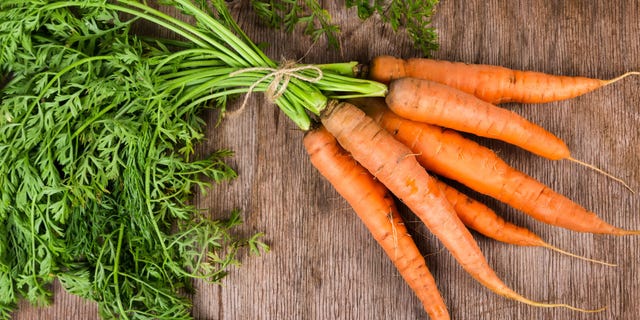
During pregnancy we must eat a varied diet, that is, with a diversity of good nutrients that the body needs, and therefore, the key is to include fruits and vegetables of various colors.
The carrot is the benchmark in terms of orange vegetable foods that are a source of vitamin A and carotenes that are required for the skin, hair, and visual health as well as for the healthy growth and development of the unborn baby. You can include it in your dishes in a variety of ways: from hot or cold creams, glazed, in salads to desserts, cakes, or biscuits.
Citrus:

Tangerines, oranges, grapefruits, lemons, and limes are part of this group of fruits that offer, among other things, vitamin C, calcium, carotenes, vitamin A and potassium to the body.
They can improve the absorption of iron and due to their acidity, they can also increase the absorption of calcium, which is why they are recommended in quantities of a daily ratio during pregnancy as well as in other stages of life.
Salmon:
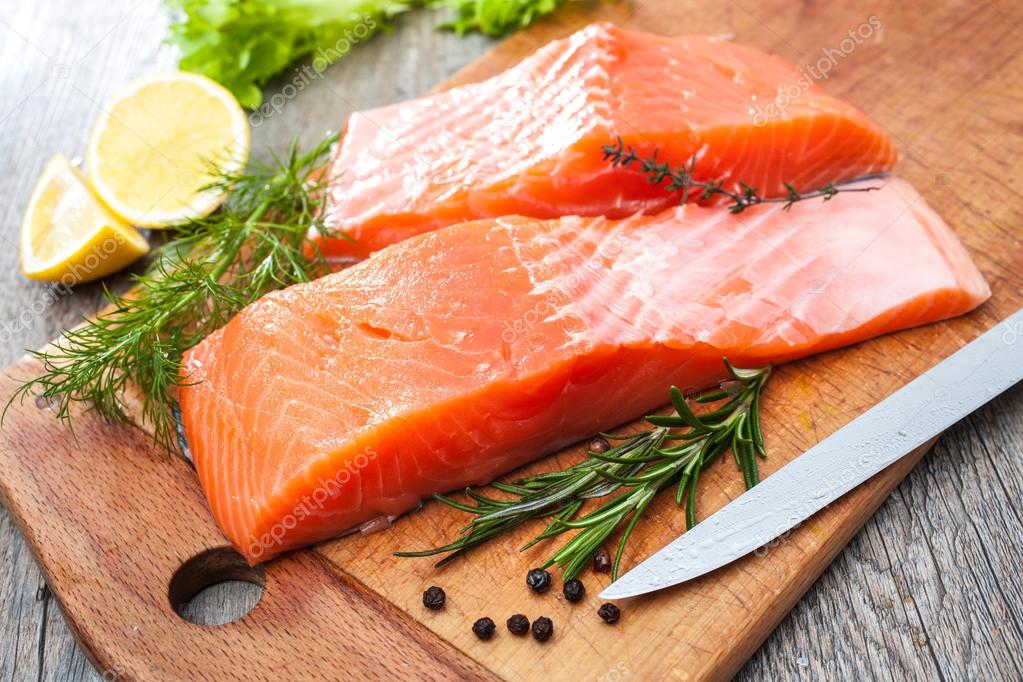
It is a blue or fatty fish, that is, it concentrates appreciable amounts of omega 3 but because it is not a large fish the chances of it having mercury are minimal. Therefore, it is a better alternative to tuna to obtain quality fats.
Likewise, it is a source of vitamin D and calcium for the body, which in pregnancy are nutrients that we must not stop taking care of to prevent future complications in the maternal body.
You can prepare it in snack dishes, glaze or bake with nuts, but remember that you cannot eat it raw.
Walnuts:

If you don’t like eggs or fish, but want to make sure you’re getting the omega-3 fatty acids so important to your little one’s brain development, try walnuts.
They are one of the best vegetable sources of omega-3s, and it will be very useful to always have this practical and energetic snack on hand.
Store them in the freezer so they don’t go rancid, and enjoy them alone, with raisins or fruit, on salads, pasta, and vegetables, or mixed with yogurt.
Almonds:

Almonds and other nuts are a source of quality fats, among which the monounsaturated and polyunsaturated fatty acids stand out, including omega 3, which is so important in pregnancy.
They are also a source of vegetable calcium, fiber, potassium, and vitamin E with an antioxidant function, offering considerable levels of iodine and folic acid, also essential in pregnancy.
Cashew Nuts:

Another dried fruit that is rich in healthy fats offers, among other things, a high proportion of zinc to take care of the body’s defenses, as well as iodine.
It is also a source of iron and vegetable calcium that is so much needed during pregnancy, especially after the second trimester of pregnancy.
Pumpkin Seeds:

They are an excellent source of vegetable calcium and fiber and protein, just like other seeds.
But the most important thing is its richness in iodine and zinc which protects the body from hormonal disorders and protects the defenses, helping, among other things, to prevent infections.
They also provide potassium in appreciable amounts. You can include them, for example, in dips for snacking or in bread or salads.
Chia Seeds:

Among the various seeds that we have at our disposal, chia seeds are one of the ones with the highest proportion of good fats and thus, it is an excellent source of vegetable-based omega 3, highly recommended for pregnant vegetarians.
It is also a source of potassium, vitamin E, zinc, and plant proteins that can contribute to good nutrition during pregnancy. You can include them for breakfast in a pudding with raspberries, kiwi, and coconut or in porridge with almond milk to start the day with energy.
Garbanzo Beans:

They are a source of fiber and vegetable proteins that help us calm hunger with good nutrients, but above all their consumption is recommended because they are legumes rich in folic acid, zinc, and iodine.
We can choose dried chickpeas and consume them after soaking and properly cooking, or a good alternative is canned legumes that should be rinsed and washed before consumption to remove any possible excess sodium. You can eat them in a good stew, in a salad, or crunchy with herbs.
Wheat Germ:

It is one of the wheat derivatives with the highest proportion of nutrients. It has a lot of fiber and B vitamins, among which the presence of folic acid stands out.
Likewise, it is a concentrated source of vegetable proteins and iron that is key during pregnancy, therefore, it is a good option to enrich our diet beyond the classic supplements that we must ingest.
Oatmeal:
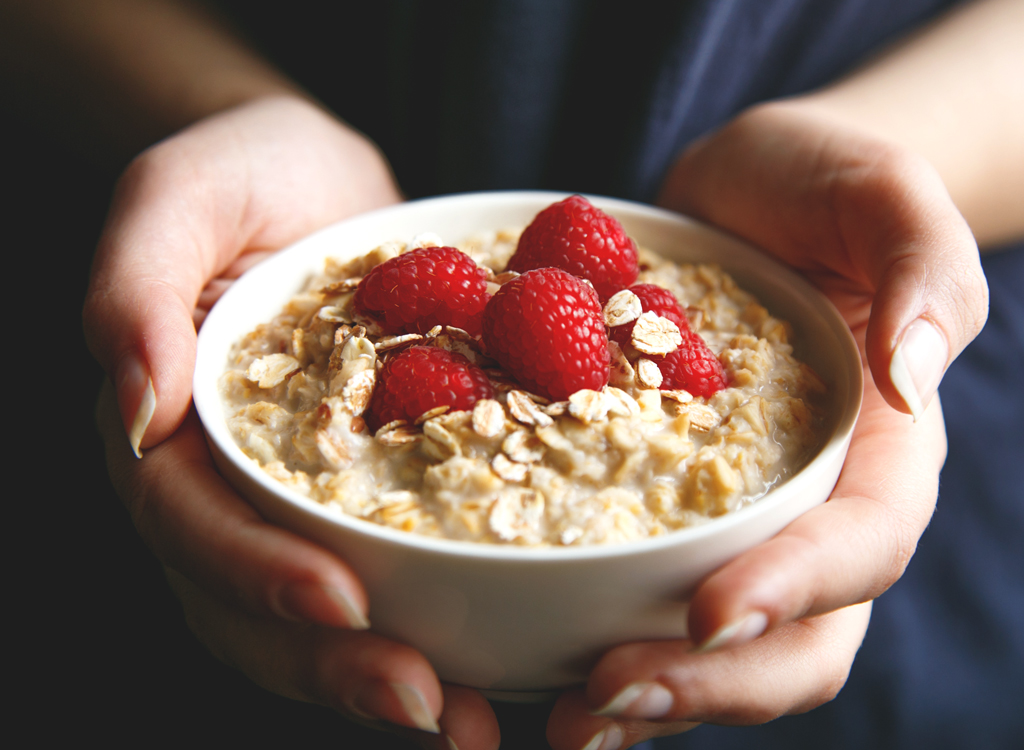
Oatmeal is one of the many bowls of cereal that we find at our disposal, but unlike others, it is an excellent option to add good nutrients to the diet.
Oatmeal stands out for its richness in fiber with a minimum of quality fats and being a source of folic acid, zinc, and potassium for the pregnant body. Minerals such as calcium or iron also stand out in this cereal.
Extra Virgin Olive Oil:
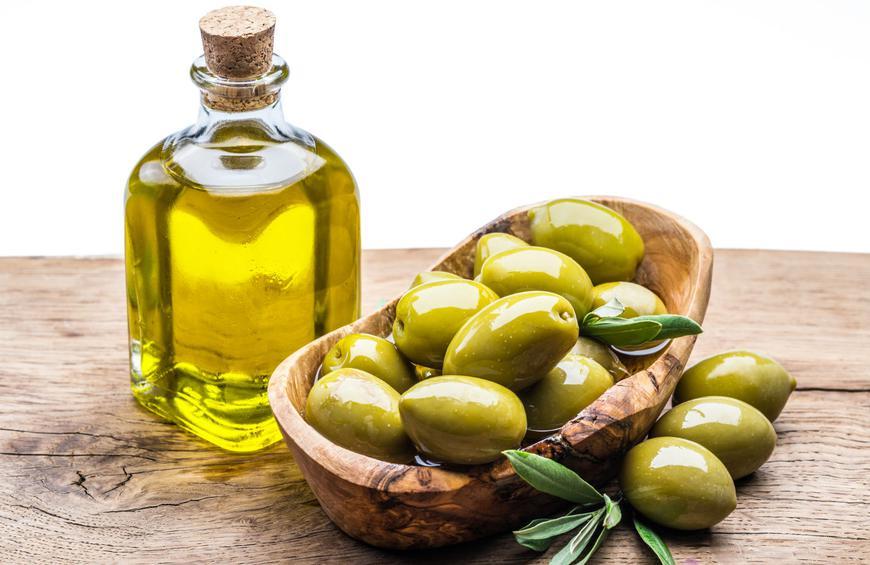
Among the many oils that we can consume, extra virgin olive oil is one of the most advisable for its richness in beneficial monounsaturated fatty acids for the body and also for its richness in antioxidant polyphenols.
In addition, extra virgin olive oil withstands high temperatures very well and is, therefore, more recommended than others for cooking and preparing various dishes.
Cabbage And Kale:

Cabbage, traditional or kale, is loaded with vitamins and nutrients, including vitamins A, C, and K and the all-important folic acid. It is also rich in carotenoids, essential for healthy eyes.
Avocado:

Avocado is an oily fruit, that is, it is a fruit rich in fats, among which quality fats such as monounsaturated fatty acids stand out. In addition, avocado is a source of fiber, vitamin E, and B vitamins that our body needs to function properly.
And the best thing, avocado can be very useful as a replacement for cream, butter, or commercial sauces in the form of guacamole, thus helping you to eat healthier during pregnancy.
We think of them in salads, or to is with lemon, but we suggest that you try them baked filled with eggs, you will love them.
Summary:
As much as nutritious food is necessary during pregnancy, water is also essential. During pregnancy, the amount of blood in the body increases to 1.5 liters. To maintain this quantity and to keep the amount of water balanced in your body, it is important to keep drinking water in the required amount.